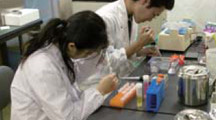Biological Oceanography
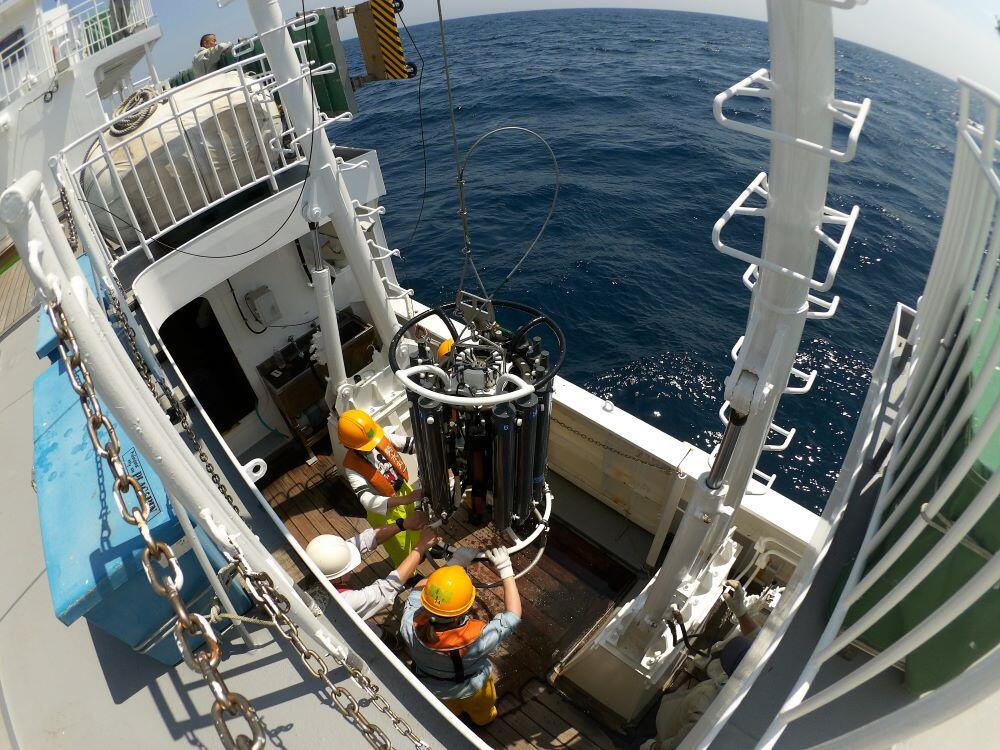
Plankton is an important organism supporting aquatic ecosystem from its bottom on the trophic levels as a primary producer. In our laboratory, we research mainly about the relationship between population dynamics of phytoplankton and environmental conditions, and about the export of organic matter in the marine ecosystem, from the viewpoints of biological and chemical oceanography. Furthermore, to reveal the physiology and ecology of marine harmful microalgae, such as causative species of red tides killing fishes, and/or as toxic species causing toxification of bivalves (scallops and clams, etc.), we also have conducted related experiments and field survey.
Fish Physiology
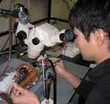
The objectives of education and research in this laboratory are to clarify the principles of physiological and ethological functions related to sensory organs in aquatic organisms. The potential knowledge obtained from these studies is to be applied for rising and controlling valuable aquatic bio-resources with particular attention not only to high productivity but also to the protection of the environment involved.
Phycology
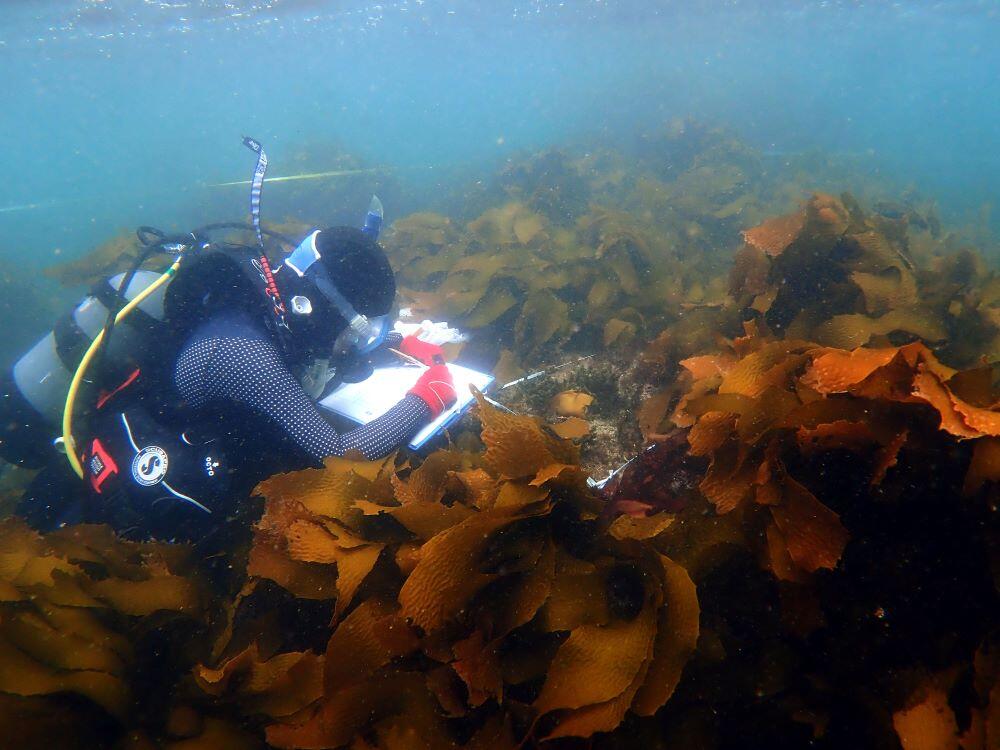
We study the ecology and physiology of seaweeds and seagrasses, which are very important primary producer in the coastal ecosystem. Our laboratory focuses on the roles and the functions of seaweed and seagrass communities in the coastal ecosystems, the restoration of seaweed beds from barren grounds (ground devoid of seaweed beds) and the development of aquaculture techniques of seaweeds. We conduct field surveys and laboratory culture experiments to elucidate the factors affecting the seaweeds growth and reproduction, such as water temperature, light intensity, wavelength of light, nutrients, and density of herbivores. We conduct research and education on the conservation of coastal environment with reference to seaweed and seagrass communities.
Shallow Sea Aquaculture
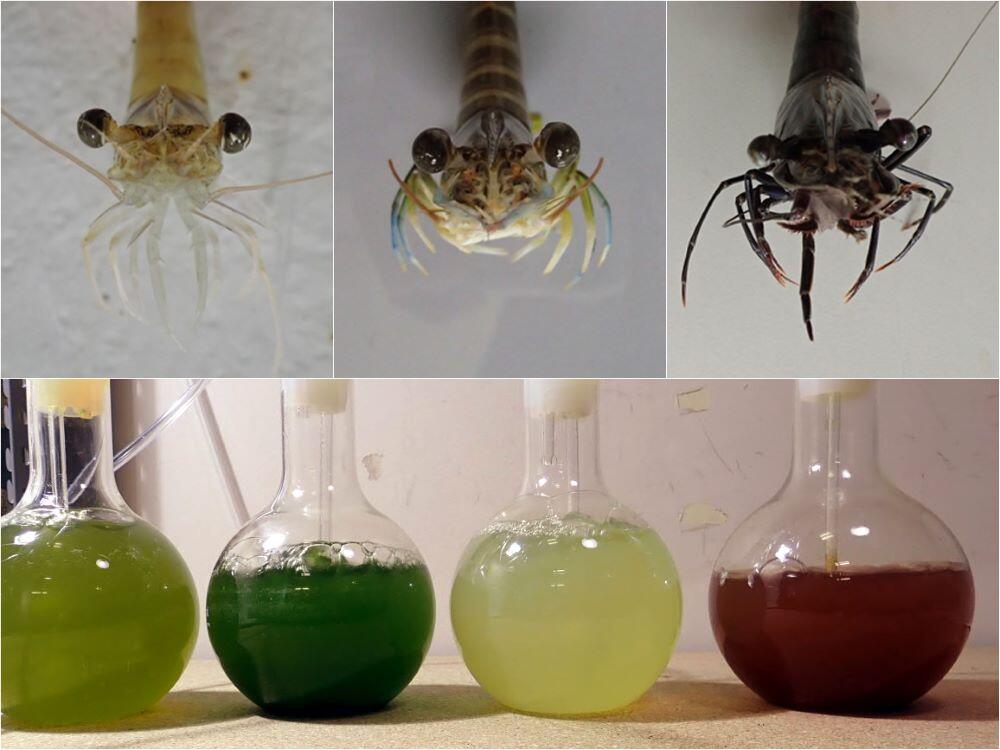
Shallow water zones in the sea is the start point of bioproduction processes in marine ecosystems utilizing solar energy. Fisheries/aquacultures in the shallow waters provide a vital source of food, employment, recreation, trade and economic well-being for people. Our laboratory works on the various topics related to the following keywords: aquaculture, shallow waters, aquatic bioresources, production technology, fish feeds, larviculture, live foods, climate change, international cooperation, etc.
Fish Diseases
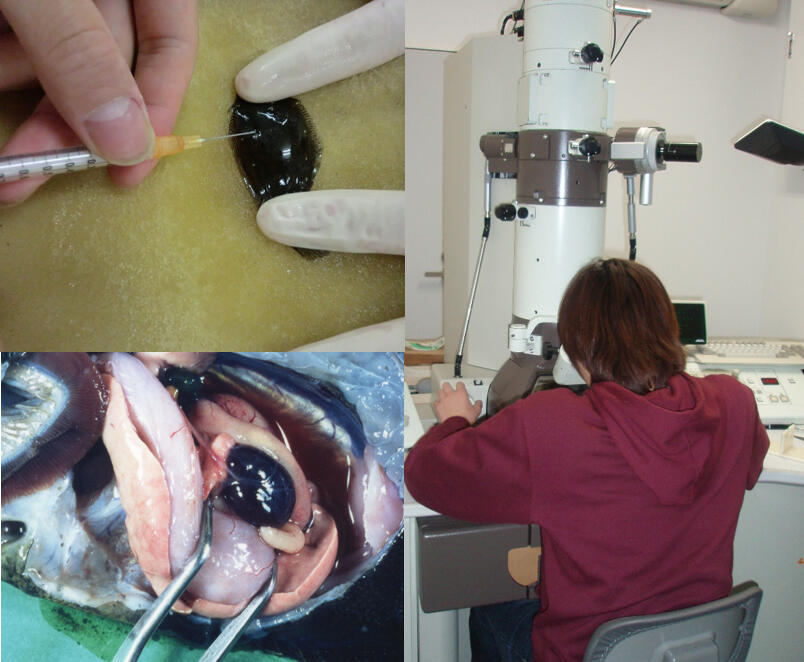
This field conducts educational and research activities on solutions to disease problems in cultured and wild fishes using advanced technologies. We aim at investigating the causes of emerging diseases, defining the causative agents, and establishing diagnostic and preventive measures followed by formulating control strategies for the disease prevention, as well as understanding the agents and diseases. Our activities can be used to improve technology for stable supply of safe and quality fishery products.
Fish Stock Enhancement
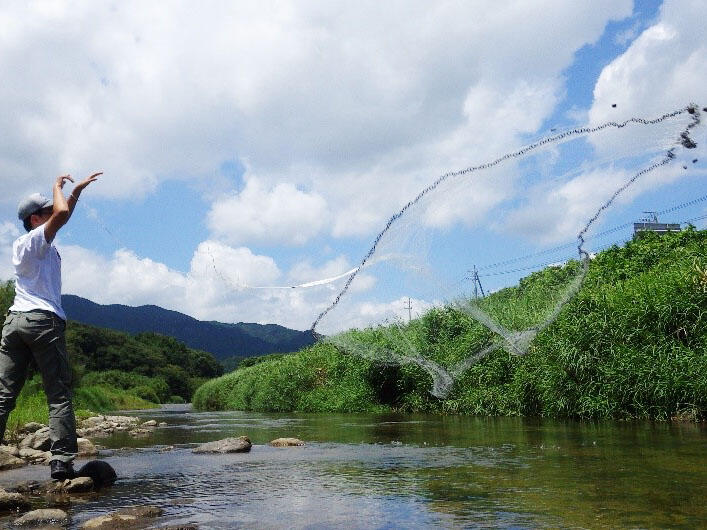
The course addresses the biodiversity, phylogeny, systematics, fauna, and life history (reproduction, growth, feeding habits, etc.) of fishes and other aquatic vertebrates, from the perspectives of ichthyology, animal ecology and reproductive physiology, with the goal of accumulating basic biological information necessary for conserving the biodiversity and enhancing the populations of these aquatic animals.
Marine Ecology
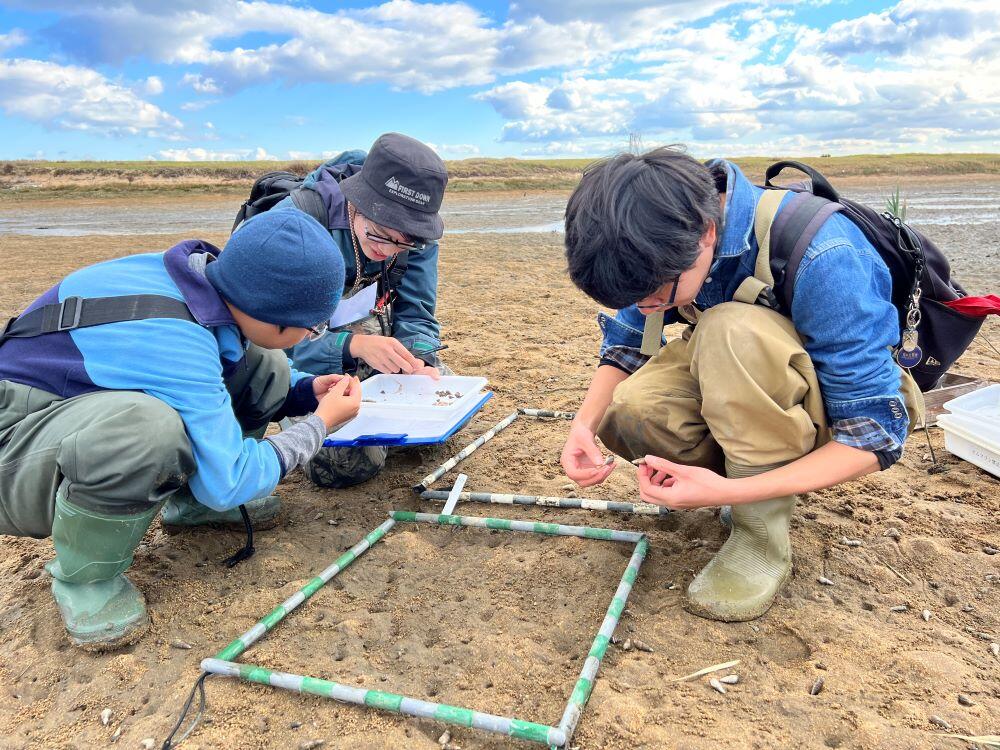
Seacoasts are important place supporting and raising a great variety of life. Our laboratory focuses on the ecology of organisms in seacoasts (tidal flat, sandy shore, salt marsh, estuarine and seagrass bed). We are interested in the life history and population dynamics of endangered and introduced species, and the development of new approaches to conservation.
Biology of Aquatic bioresources
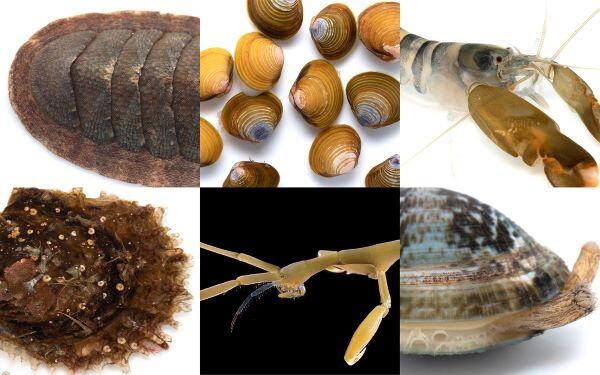
Aiming for the sustainable use of fishery resources in coastal waters, we work on education and research about the ecology of commercially important aquatic species and various organisms surrounding them. Currently, the main research themes include: 1) establishment of evaluation method of food environment for bivalves, 2) feeding strategies of small crustaceans inhabiting seaweed beds, 3) Anti-predator tactics of diatoms, and 4) feeding ecology of chitons and gastropods.
Molecular Ecology of Aquatic Animals
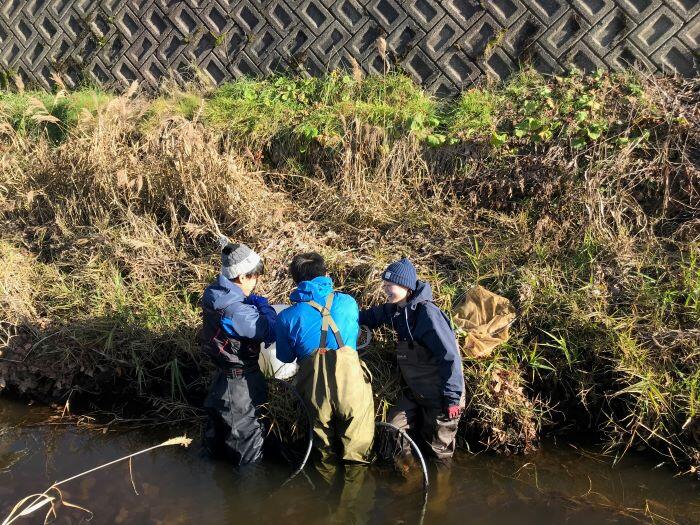
Laboratory of Molecular Ecology of Aquatic Animals performs researches for the elucidation of mysteries in biodiversities in aquatic animals (ecology, morphology and behavior) and their histories (evolution and adaptation), with the usage of DNA information in vertebrates (mainly fin fishes) and molluscs. Its academic fields are as follows. 1)Analysis of evolution and adaptation in aquatic animals 2)Analysis of the mechanism in the invasion success of exotic species 3)Gathering information for the conservation of endangered species 4)Development of breeding techniques of aquatic animals, using the molecular information
Fish Population Dynamics
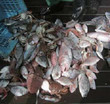
We teach and study population dynamics and their application to the management and conservation of aquatic animal populations. The subjects of our study include (1) assessment and management of fish populations and (2) mathematical modeling of the population dynamics of aquatic bioresources.
Fisheries Ethology
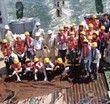
Based on environmental observations, our aim is to clarify relationships between behavioral ecology and environmental variables. More specifically, we develop devices and methodologies to measure behaviors of fish and crustaceans. We also examine ways of reproducing realistic habitats in the laboratory to enable analysis of periodicity of behavior, performance evaluation of sensory organs, and by such evaluations assess the adaptability of organisms to environmental change. We educate and research efficient and sustainable fishing methods in order to optimize usage of aquatic resources.
Applied Marine Informatics
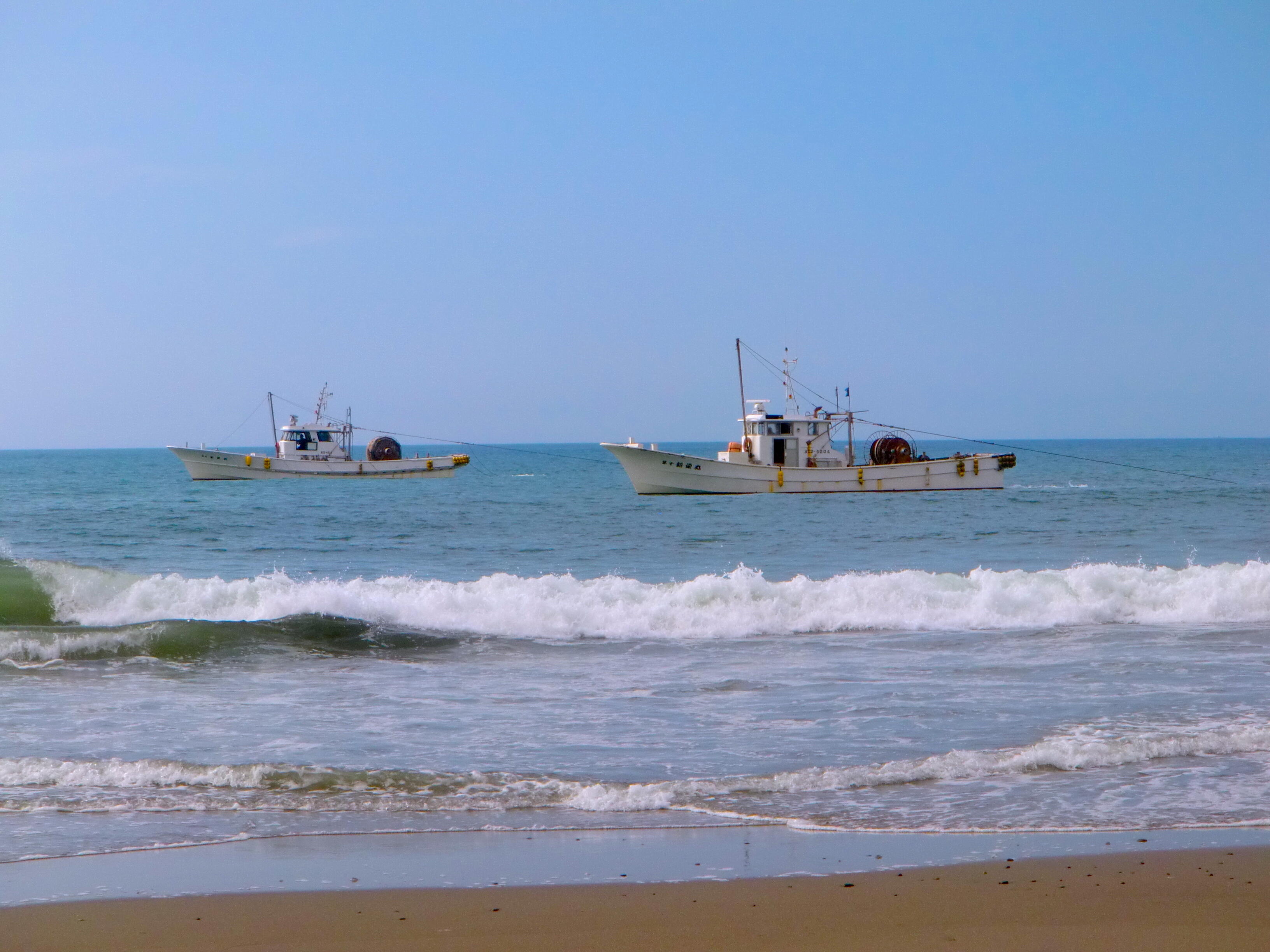
This laboratory educates and researches applying Information and Communication Technologies (ICTs) and the Internet of Marine Things (IoMT) with big data analytics technology to fisheries, aquaculture, and environmental monitoring to achieve sustainable fishing and environmental conservation in coastal areas. We focus on research themes related to the digital transformation (DX) of fisheries and sea, such as monitoring living marine resources using ICTs and IoMT and measurement technologies for the coastal environment (water quality, waves, currents, bathymetries), which is the basis of fisheries.
Cetacean Research
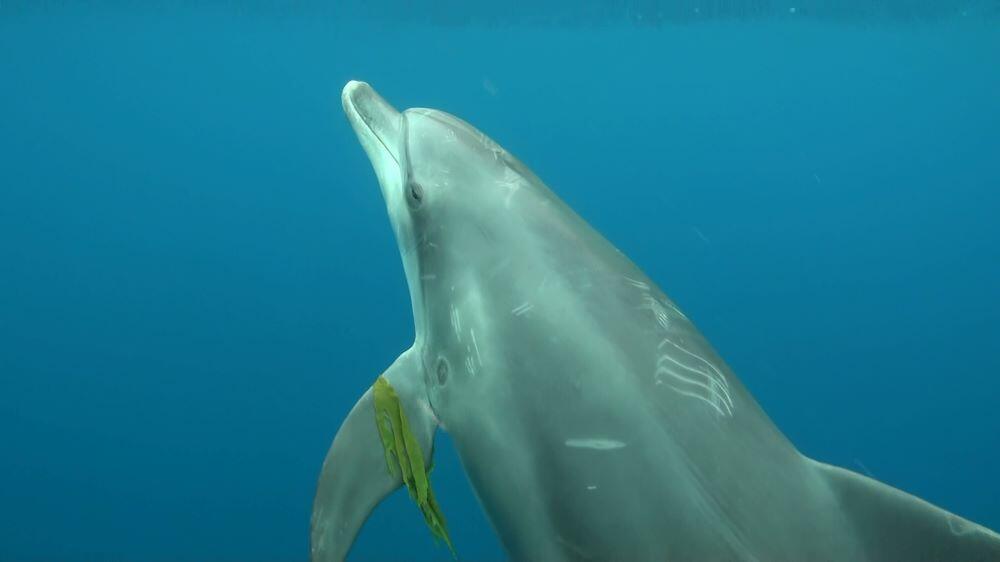
海洋の高次捕食者である鯨類について,野生および飼育個体を対象として,その生理,生態,行動などに関する基礎的研究と教育を行うとともに,その応用として,野生鯨類の保全や人間活動による影響の軽減,水族館等における飼育個体の繁殖推進などについて取り組む.

